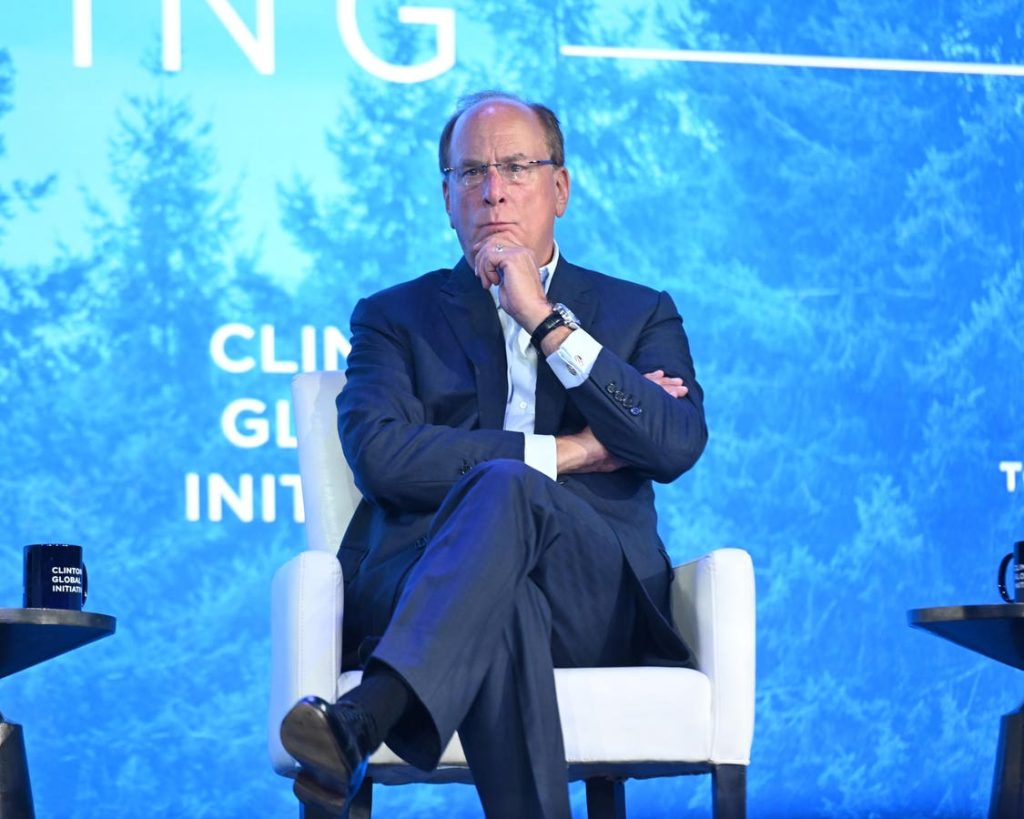Larry Fink, the Chair and CEO of Blackrock, has once again offered a thought-provoking new perspective on stakeholder capitalism in his annual letter to investors. This time, he focuses on the need to rethink the retirement age in order to address what he sees as a looming retirement savings crisis within the workforce. Fink points out that while society invests a significant amount of effort in helping people live longer lives, very little is done to help individuals afford those extra years. He believes that the issue of retirement savings will become increasingly challenging in the coming years as people live longer and will require more money to sustain themselves in their senior years. Fink suggests that capital markets could provide a solution to this issue if governments and companies work together to help people invest for their retirement.
Fink proposes a national conversation to address the retirement crisis and ensure that future generations can live out their senior years in a dignified manner. This conversation would examine the retirement challenge from the perspectives of current workers trying to save for retirement, retirees worried about depleting savings, and the broader demographic issue of increasing retirement rates and longer retirements in America. Fink suggests rethinking the conception of retirement with a focus on revisiting the average retirement age and finding ways to encourage older workers to continue working if they wish to do so. He highlights countries like Japan, the Netherlands, and India that have developed creative responses to this challenge.
In previous letters, Fink has highlighted the importance of corporate social responsibility in addressing the retirement crisis. He believes that companies should play a greater role in helping their workers navigate retirement to ensure a stable workforce and economically secure communities. Fink’s views on retirement as a focus of corporate responsibility align with the broader theme of stakeholder capitalism, where companies that fulfill their duties to stakeholders are more likely to achieve long-term success. While some of Fink’s proposals have faced backlash, particularly around ESG investing, the concept of a “retirement crisis” may find a more receptive audience among corporate leaders.
The changes Fink proposes to the current retirement system are bold and sweeping, requiring a significant shift in the relationship between companies and their workforce. Implementing these changes would involve navigating complex federal laws and regulations designed to protect worker retirement security. However, Fink’s call for a national conversation on retirement is a relatively low-cost ask of corporate leadership that could have a significant impact. This conversation could begin within the boardroom and involve executive leadership, retirement plan advisors, and financial experts to develop a more sustainable approach to secure worker retirement. In the current environment of workforce challenges and political unrest, addressing the retirement crisis could be a strategic move for companies to ensure long-term success.


